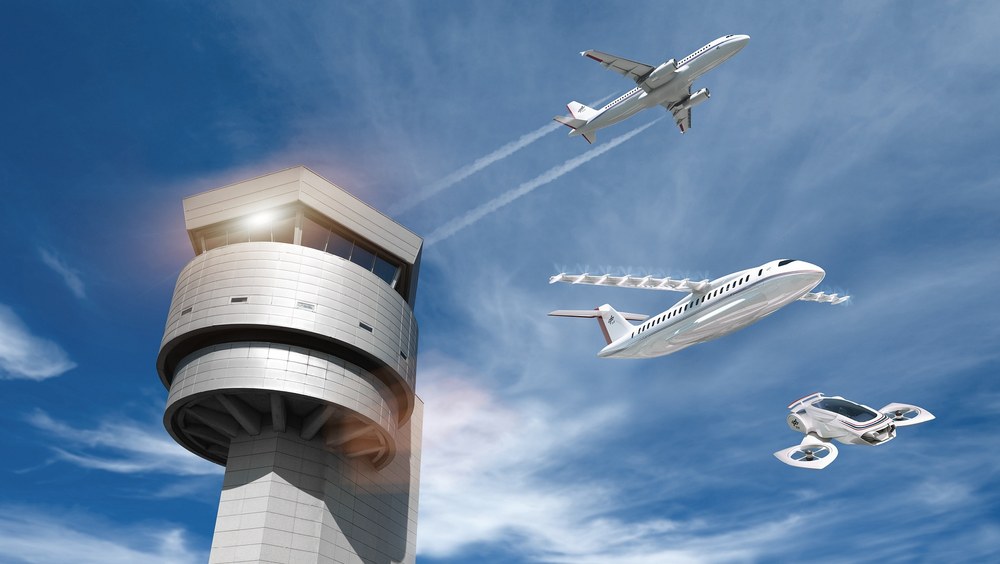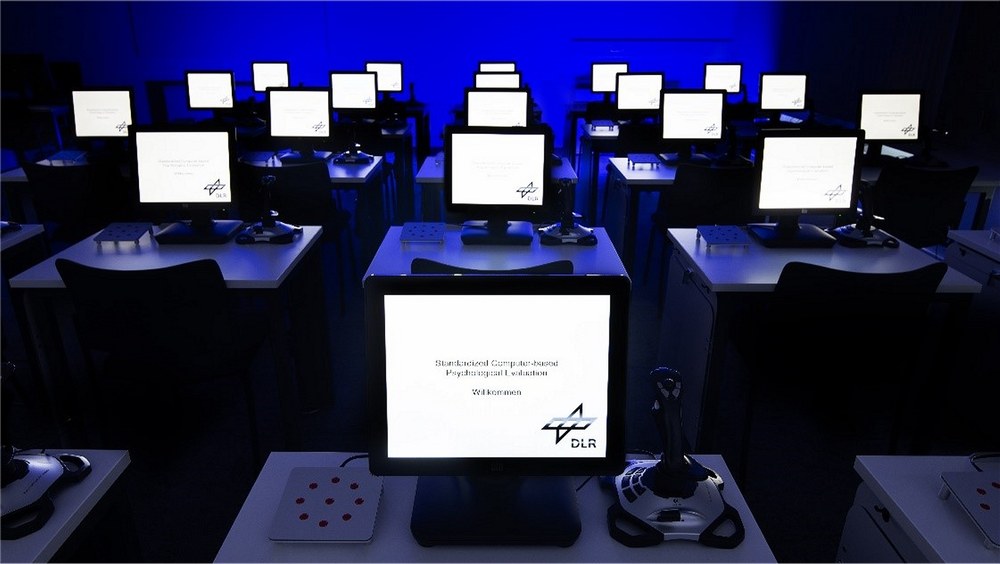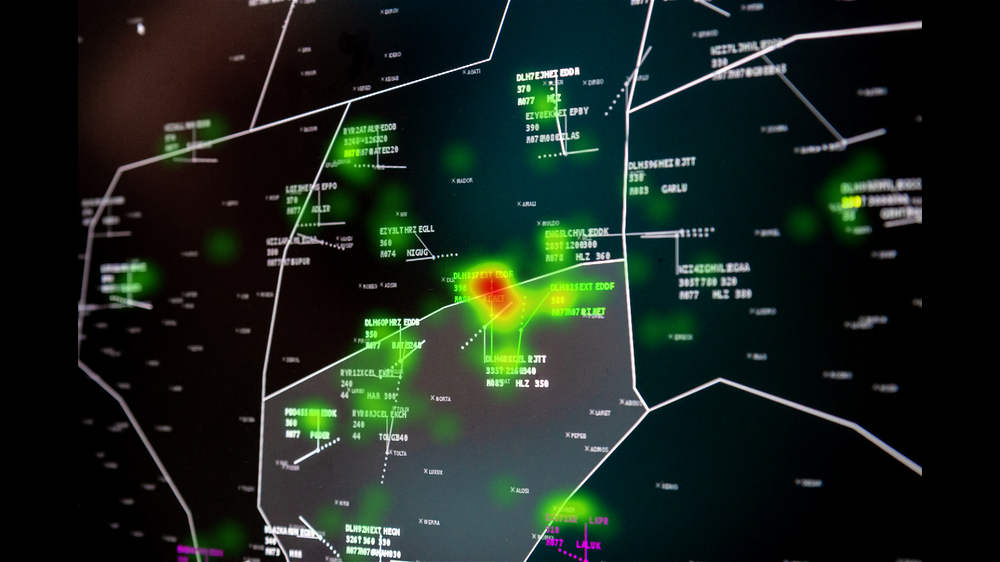Air Traffic Control (ATC)



With the work of the Air Traffic Control (ATC) working group, we are pursuing the goal of increasing safety and efficiency in aviation. Since the 1980s, we have been successfully conducting psychological aptitude tests for prospective air traffic controllers in the Aerospace Psychology department.
The basis for the further development and validation of all aptitude diagnostic procedures are scientifically sound task and requirement analyses for current and future operational activities in aviation, such as air traffic controllers or drone operators. We are also researching new approaches for the selection and training of operators in control centres such as air traffic controllers. We also use the eye-tracking method to analyse visual attention and team processes.
In various research projects, we are looking at collaboration both in human teams and in hybrid teams consisting of humans and technical systems with artificial intelligence. We are also involved in concepts of air mobility in urban and rural areas with regard to the human factor and are analysing the acceptance of unmanned aerial systems.
The entire diagnostic process is ISO-9000 certified to meet the highest quality standards in the aviation industry
Psychometrics and evaluation
We develop tests that are used as part of our selection process for ab initio air traffic controllers. To ensure the high quality of the selection process in the future we carry out extensive validation studies at regular intervals. Additionally, we analyze the impact of current developments, e.g. gaming, on our selection process.
Teamwork in socio-technical systems
In a wide range of projects, we analyze the collaboration in human teams and in hybrid teams consisting of humans and technical systems in aviation. Our focus is on the psycho-social requirements placed on human operators by the challenging work in air traffic management. We are investigating how the requirements will change as a result of future developments in aviation such as automation, digitalization and the introduction of AI systems. In simulation studies and laboratory experiments, we research measurement methods as well as upcoming approaches for future socio-technical systems. This enables us to utilize the findings for personnel selection, training of aviation personnel and system design.
Human-machine interaction defence technology project
In the Human-Machine Interaction project, we are investigating the complex requirements that military aircraft systems place on the people working with them, as well as the changes in these requirements that arise with the technological development of the systems. The research focuses on the acceptance of increasingly autonomous artificial systems and automations that will be implemented in future weapon systems on the one hand, and on the other hand on recognising significant human states that make it sensible to adapt the allocation of functions in the human-machine system. This means that, depending on the situation and on their capabilities, the human hands over tasks to the automation or takes them over from.
The human factor in the context of unmanned aerial systems
Human factors play a decisive role in assessing the opportunities and risks of using unmanned aircraft systems, known as drones. Therefore we have examined the psychological requirements of aviation operators who already work with these systems or will work with them in the future. In addition, we empirically investigate the acceptance by the population.
Eye tracking in the selection and training context
By recording eye movements, we can uncover process-orientated performance differences between applicants. This includes differences in performance in strategy and approach as well as in the monitoring of automated systems. Our aim is to successfully utilise eye tracking in selection and training.
Contact
Dr. phil. Yvonne Pecena
